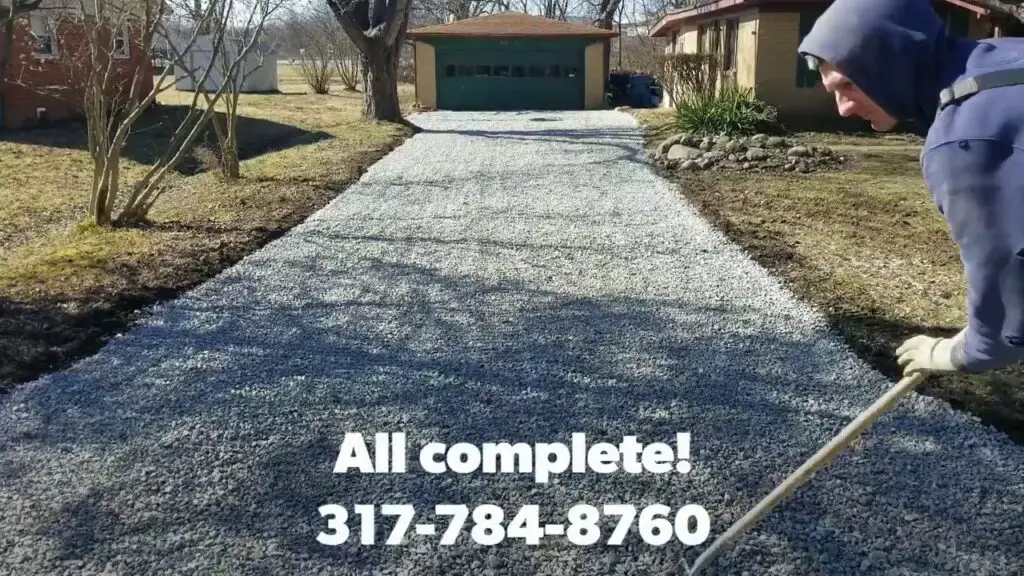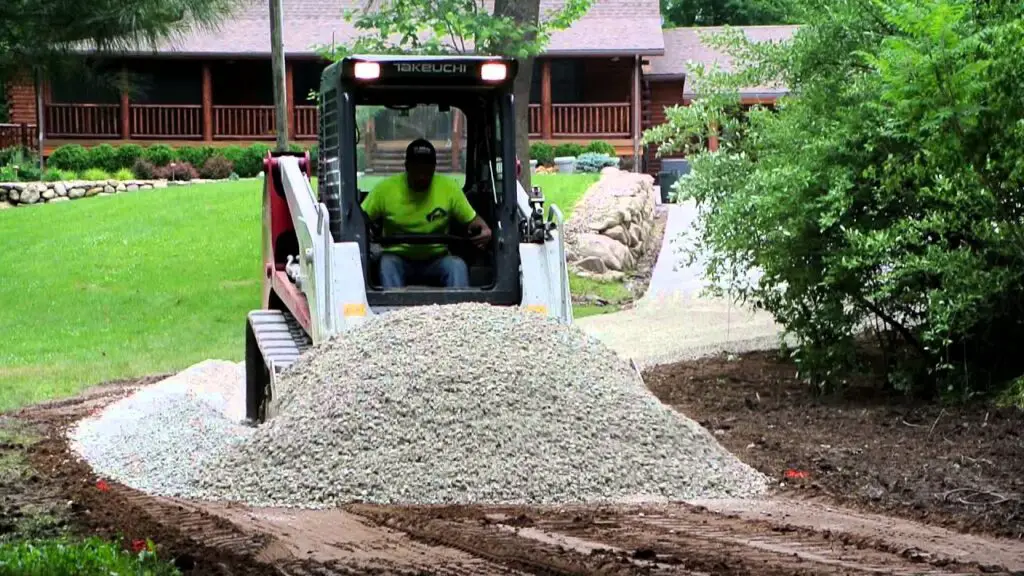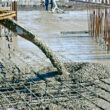Automotive construction requires careful thought and consideration, especially when choosing the best materials for the surface. Two popular options that often spark debates among homeowners and contractors are crushed stone and asphalt.
Both materials have their advantages and disadvantages, fueling discussions about which one is better for driveway construction. In this article, we will delve into the unique characteristics, performance, durability, cost considerations, and environmental impact of crushed stone and asphalt.
By examining these aspects, we aim to shed light on the ongoing debate and provide insights into which material may be better suited for driveway construction.

Understanding Crushed Stone: The Foundation of Durability
Crushed stone, also known as aggregate, is a versatile material commonly used in driveway construction. It is made by mechanically crushing rocks, boulders, or gravel. The resulting fragments vary in size, ranging from fine particles to larger stones. Crushed stone can be further categorized based on particle size, with options such as gravel, sand, or specific stone sizes like 3/4 inch or 1 inch.
Strength and Stability
One of the key advantages of using crushed stone for driveways is its strength and stability. The interlocking nature of the irregularly shaped particles creates a robust and stable base, capable of withstanding the weight of vehicles and resisting deformation.
Excellent Drainage
Crushed stone exhibits good drainage properties, allowing water to flow through the surface and preventing the accumulation of water on the driveway. This natural drainage capability helps to reduce the risk of water damage, such as erosion or puddling, and improves overall safety for vehicles.
Durability in Various Climates
Crushed stone demonstrates remarkable durability in various climates. It can withstand freezing temperatures without significant damage and is resistant to temperature fluctuations, minimizing the risk of cracks and structural issues in the driveway surface.
Also Read: Is crushed Concrete Better than a gravel driveway?
Exploring Asphalt: The Smooth Ride Provider
Asphalt, also called asphalt or bitumen, is a petroleum product commonly used for driving. It consists of aggregates (such as crushed stone, sand or gravel) bound together with a binder called bitumen.
Like Us on Facebook!
Smooth Surface
One of the primary advantages of using asphalt for driveways is the smooth and even surface it provides. The smoothness enhances driving comfort, reduces road noise, and promotes good traction for vehicles.
Subscribe Us on YouTube!
Also Read: How to choose the best size for gravel driveway? (BONUS TIPS)
Quick Installation and Repairs
Asphalt offers the advantage of quick installation and repair times. It can be laid and compacted efficiently, allowing for faster completion of driveway projects compared to other materials. Additionally, damaged areas can be easily patched or resurfaced, minimizing disruptions to the driveway’s functionality.
Flexibility in Changing Conditions
Asphalt exhibits flexibility in response to changing weather conditions, particularly in areas with temperature variations. It can expand and contract without significant damage, reducing the likelihood of cracks and structural problems caused by temperature fluctuations.

Comparing Performance and Durability
When comparing the performance and durability of crushed stone and asphalt for driveway construction, several factors come into play.
Load-Bearing Capacity
Crushed stone offers excellent load-bearing capacity, making it suitable for driveways that experience heavy traffic or the weight of larger vehicles. Its stable base and interlocking particles ensure the driveway surface remains intact under significant loads.
Maintenance Requirements
Crushed stone driveways generally require less maintenance compared to asphalt surfaces. The stable base and good drainage properties help minimize the formation of potholes and other surface defects, reducing the need for frequent repairs.
Cracking and Rutting
While both crushed stone and asphalt driveways can experience cracking and rutting over time, the specific factors contributing to these issues differ. Asphalt is soft and temperature sensitive, making it easy to crack and rust, especially in hot weather. In contrast, crushed stone is less affected by these problems due to its stability and resistance to high temperatures.
Longevity
When properly designed and maintained, both crushed stone and asphalt driveways can provide long-lasting surfaces. However, crushed stone driveways tend to have a longer lifespan due to their superior durability and resistance to wear and tear.
Cost Considerations: Paving the Way to Affordability
Cost considerations play a large role in the corridor construction decision process. While the upfront cost of materials and construction methods is significant, it is important to assess the long-term cost of the chosen method.
Initial Construction Costs
Asphalt driveways generally have a lower initial construction cost compared to crushed stone. The materials used in asphalt production are readily available and the installation process is efficient, resulting in shorter construction times and lower labor costs.
Maintenance and Repair Costs
Crushed stone driveways often have lower maintenance and repair costs over their lifespan. With fewer surface defects and less frequent repairs required, the long-term expenses associated with maintenance and rehabilitation are reduced.
Life Cycle Analysis
Life cycle analysis is essential to accurately assess the value of each product. To determine the cheapest option, you need to consider factors such as maintenance, renewal and renewal costs, as well as the desired range.
Environmental Impact: Paving the Way to Sustainability
As sustainability gains importance in driveway construction, the environmental impact of the chosen materials becomes a significant consideration.
Energy Consumption and Emissions
The production of asphalt involves the heating and mixing of bitumen and aggregates, consuming significant amounts of energy and generating greenhouse gas emissions. In contrast, crushed stone requires minimal processing and has a lower environmental footprint during production.
Recycling and Reuse Potential
Asphalt has an advantage when it comes to recycling and reuse. Old asphalt surfaces can be milled and recycled for use in new driveway construction or as aggregate in other applications. The recycling of asphalt helps reduce the demand for virgin materials and minimizes waste.
Sustainable Aggregate Sources
The sourcing of aggregates for crushed stone should prioritize environmentally responsible practices. Using locally sourced materials and considering sustainable alternatives, such as recycled aggregates or industrial by-products, can help minimize the environmental impact of driveway construction.
Conclusion
The debate between crushed stone and asphalt for driveway construction continues, with both materials offering unique advantages and considerations. Crushed stone stands out for its strength, stability, and drainage properties, making it a durable choice. By weighing the pros and cons, homeowners and contractors can pave the way for durable, functional and beautiful driveways.






















